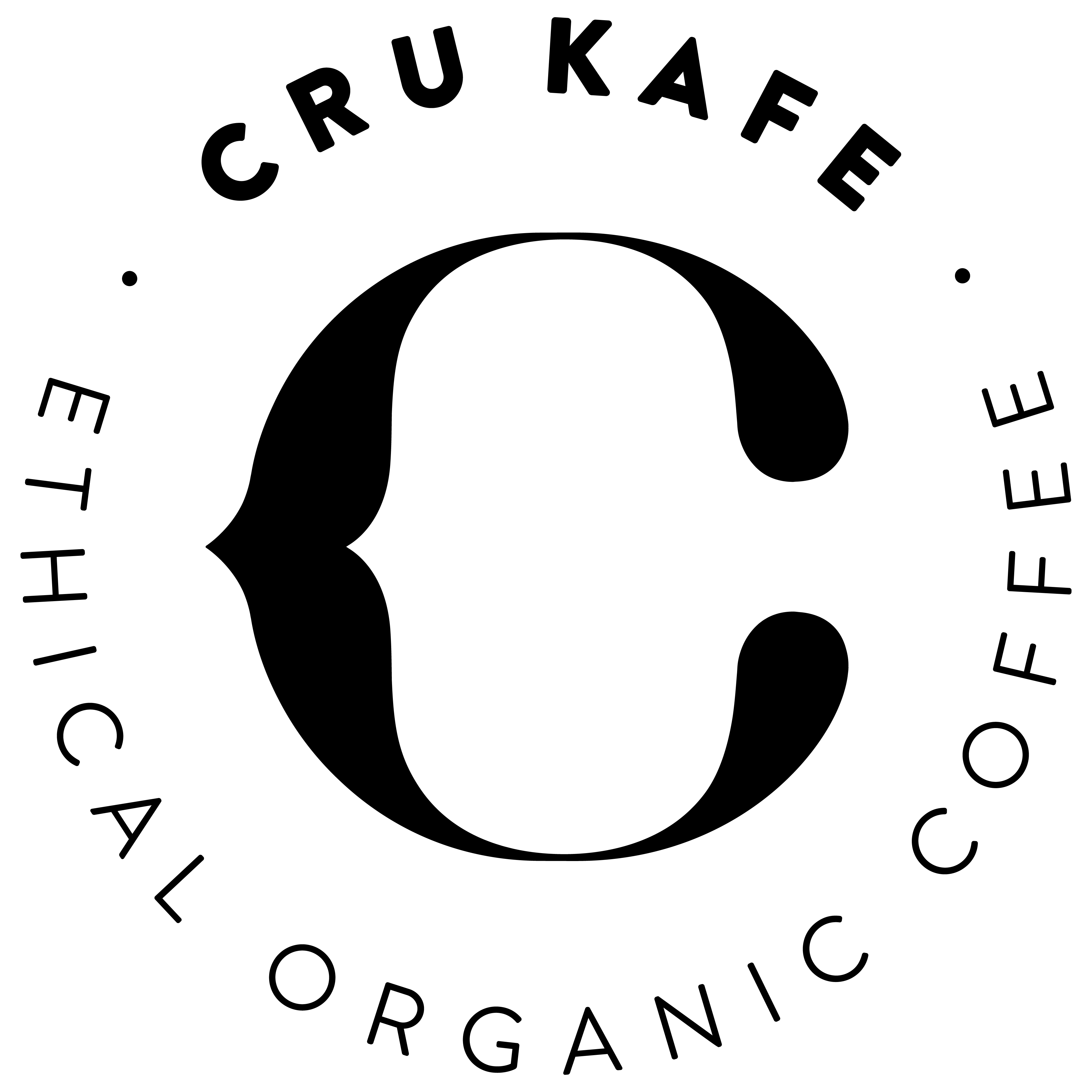The Root of The Problem
Considering the vast array of flavours, aromas & taste notes that you can get from different cups of coffee, it may be a bit of a surprise to learn that the arabica plant (which makes up around 80% of the worlds coffee supply) is one of the least genetically diverse crops in the world. Because of this, any threat that the plant faces - be it from an irreversible change in climate or a new aggressive disease - has the potential to inflict catastrophic damage on the entire world’s coffee supply.
There are over 3,400 registered varieties of strawberry, but only 60 of coffee - despite the fact that there are more than 12.5 million coffee farms in the world today
In the first of our conversations with people from the coffee industry we’ve had the pleasure to chat with Dr. Timothy Schilling, founder of World Coffee Research (WCR) and the Speciality Coffee Association’s 2020 Sustainability Champion. Dr. Schilling has been at the forefront of the fight for the future of coffee for the last 20 years, and gave us a fascinating glimpse into exactly what is being done to protect this precious plant.
The Crisis We’re Facing
It is difficult to overestimate the importance of coffee in today’s world. With over 2 billions cups of coffee consumed every day, it's a behemoth that underpins the economic stability of many countries worldwide. Dr. Schilling’s claim that coffee “...touches so many people...” is undeniable; In Brazil alone, over 8 million people are employed in the cultivation and harvesting of coffee plants alone, and that’s to say nothing of the difference that a stable, tradable commodity can have on the economy and population of a country like Rwanda.
"coffee touches so many people. that's why it's crucial to do what we can to improve it... not doing anything would be catastrophic..."
Working in Rwanda in 2002, Dr. Schilling saw first hand the effect that sustained development could have on communities. If farmers could increase yields, especially for sought after speciality quality coffee, then this could really help them and their local communities. It was during this time that Dr. Schilling also started to see that more needed to be done; without forward-thinking research, even this well-intentioned community support would crumble in the face of disease or climate change. Because of this, World Coffee Research was founded by Dr. Schilling in 2012; the same year the first reports of a massive epidemic dubbed ‘coffee leaf rust’ were circulating in Central America.

So, what can we do about it?
For the WCR, this work begins right at the start - the coffee seeds themselves. The coffee plant is the most important technology in the coffee supply chain, and to improve farmer’s livelihoods and ensure coffee’s future, research on the plant and on the conditions that help it thrive is absolutely essential.
Use cutting-edge technology
By investing in research on coffee genetics & coffee chemistry, we can understand which plants have the ability to tolerate drought or certain diseases and pests.
Protect and "boost" the use of good technologies.
Providing farmers with access to better information about coffee and new technologies helps give people on the ground the right tools to give high quality coffee plants the best chance of survival whilst simultaneously delivering new solutions to tackle diseases and pests.
Supporting diversity wherever possible.
Helping nurseries themselves also ensures healthy and genetically pure plants, but crucially enables the distribution of the best varieties, all while working to protect coffee’s genetic diversity.
Most coffee farms don't know which varieties they're using. Knowledge is vital for farmers to plant the optimal varieties for their farm conditions and lock in the highest potential for profitability"
Create more resilient, disease resistant plants.
The end goal is to create the next generation of coffee varieties that will be climate resilient, disease resistant, high producing, and high quality. technologies for propagating hybrid varieties, and more.
A Final Word
Worth over 174 billion dollars a year, the coffee industry is one that can’t afford not to overcome the problems it is destined to face in the near future. But speaking to Dr. Schilling it's clear that with a shared optimism and collective engagement we can absolutely move the needle in the right direction. The problems that face the industry may be large and complex, but by taking the right actions now, we have a chance to make a real difference in the years and decades to come.


